Stubbornness in dogs is often a manifestation of their intelligence, independence, or a deep-seated instinctual behavior. While this trait can present a challenge in training, it also reflects a dog’s strong personality and can be a sign of a highly intelligent animal who likes to think for itself. The most stubborn dog breeds often have a rich history of working closely with humans, yet maintaining a certain level of autonomy in their tasks. This article explores the 15 most stubborn dog breeds on the planet, delving into the characteristics that make them both challenging and rewarding companions.
1. Afghan Hound
The Afghan Hound is as dignified as it is independent. Known for their regal appearance, these dogs were bred for hunting in the challenging terrain of Afghanistan’s mountains, requiring them to make quick decisions independently of their human counterparts. Their stubborn streak is often attributed to their intelligence and decision-making skills. Afghan Hounds may not always respond to commands immediately, preferring to assess the situation themselves. Training requires patience and understanding, recognizing that their independent nature is a part of their charm.
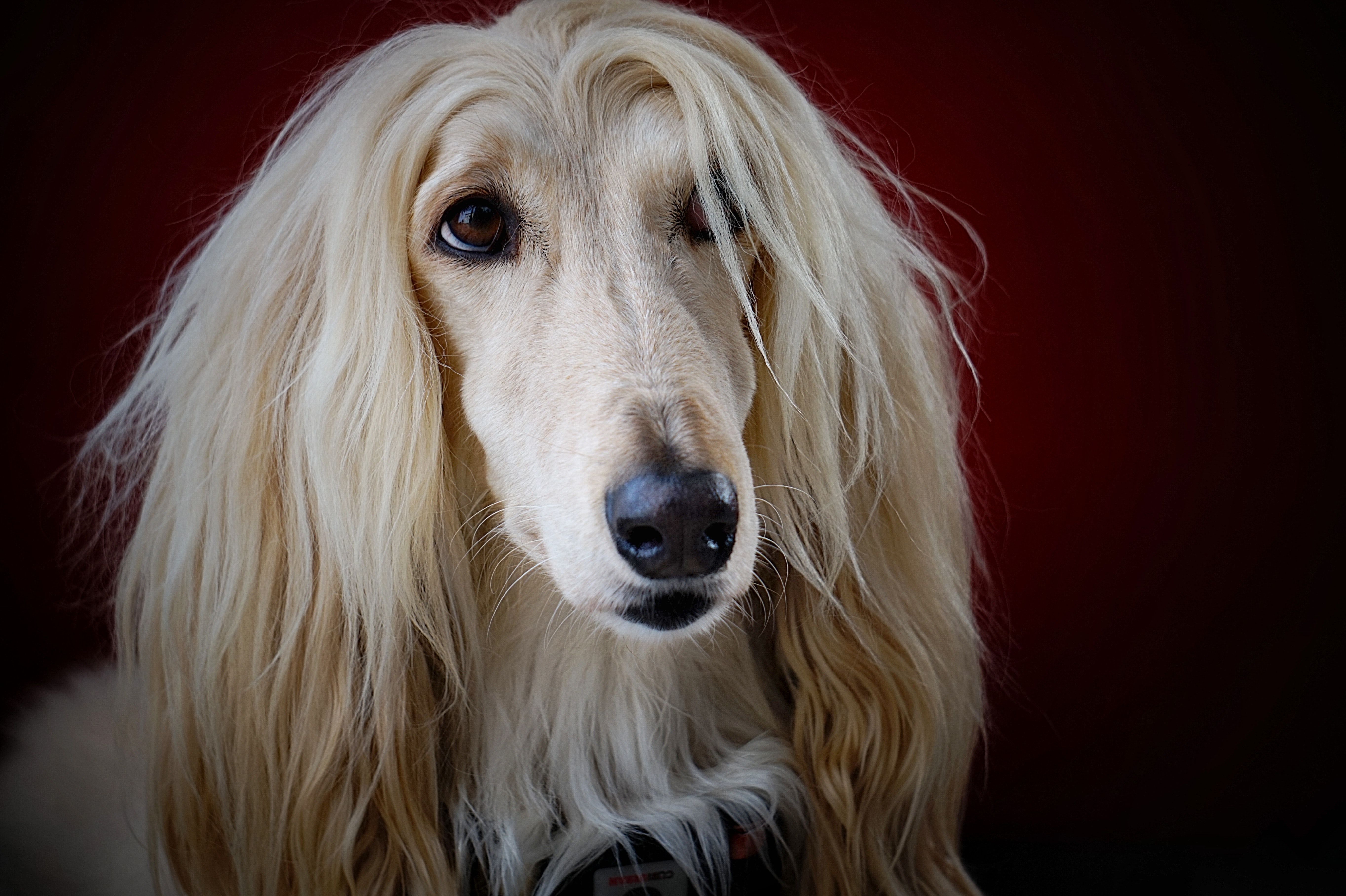
2. Shiba Inu
The Shiba Inu is a small but spirited breed from Japan, known for its bold personality and independent nature. Shibas were originally bred for hunting and often display a stubborn streak that can make training a challenge. They are intelligent and possess a strong will, often preferring to do things their own way. Shiba Inus require consistent and patient training from an early age to channel their independence positively. Despite their stubbornness, they are loyal and affectionate companions to those who understand them.

3. Bulldog
Bulldogs are known for their laid-back attitude but can also exhibit a stubborn streak that reflects their determination. Originally bred for bull-baiting, they possess a tenacious spirit that can sometimes manifest as stubbornness in non-competitive environments. Bulldogs may not be the quickest to respond to commands, often needing extra motivation to cooperate. However, their stubbornness is matched by their affectionate nature, making them endearing companions who simply require a bit more patience and understanding.
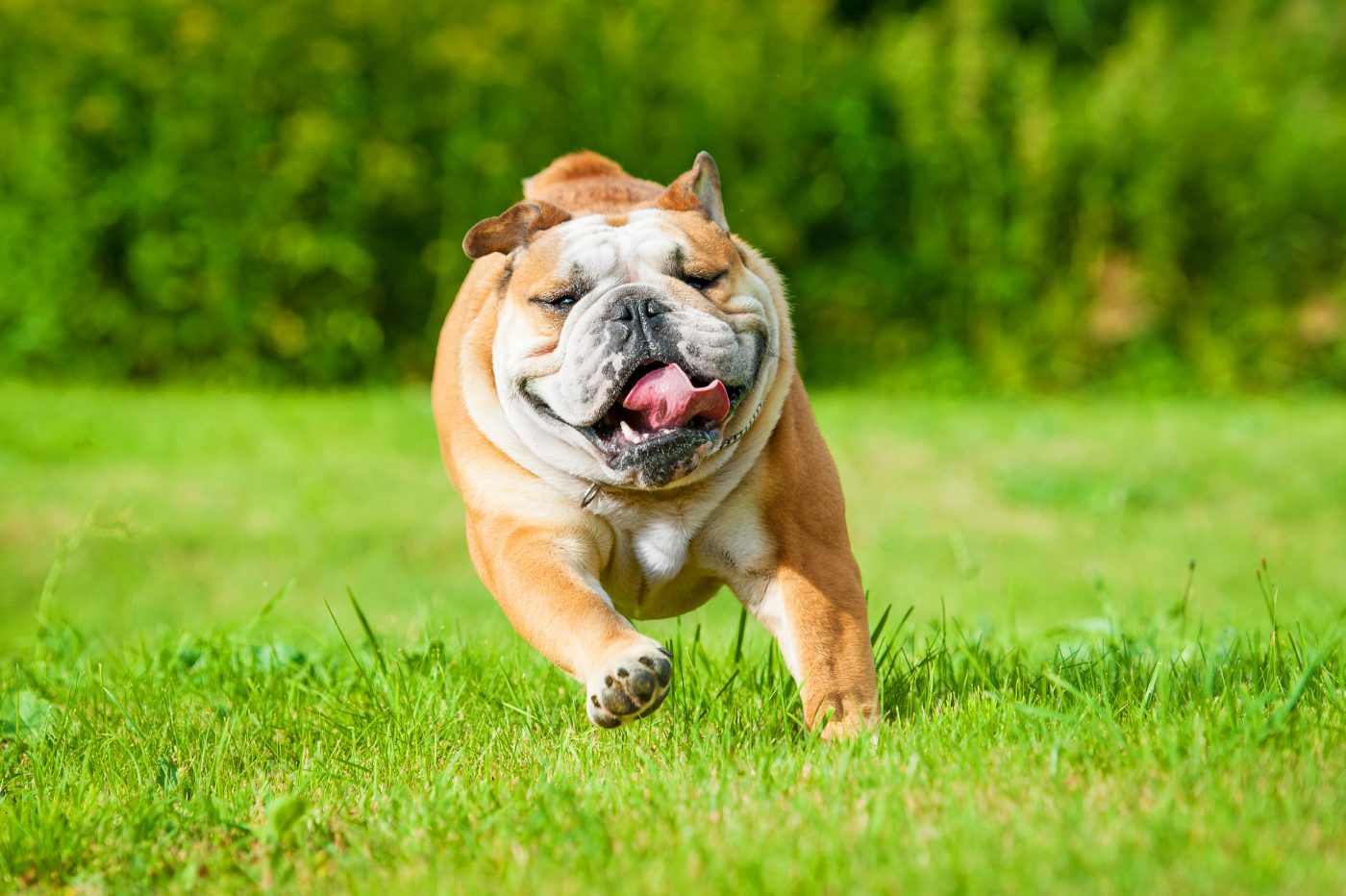
4. Basenji
The Basenji, often dubbed the “barkless dog,” is known for its cat-like demeanor and independent personality. Their intelligence and self-sufficient nature make them less inclined to follow commands blindly. Basenjis were bred for hunting and rely on their keen instincts, which can sometimes lead to a stubborn refusal to obey if they don’t see the point in a command. Effective training for a Basenji involves engaging their interest and offering positive reinforcement to encourage cooperation.
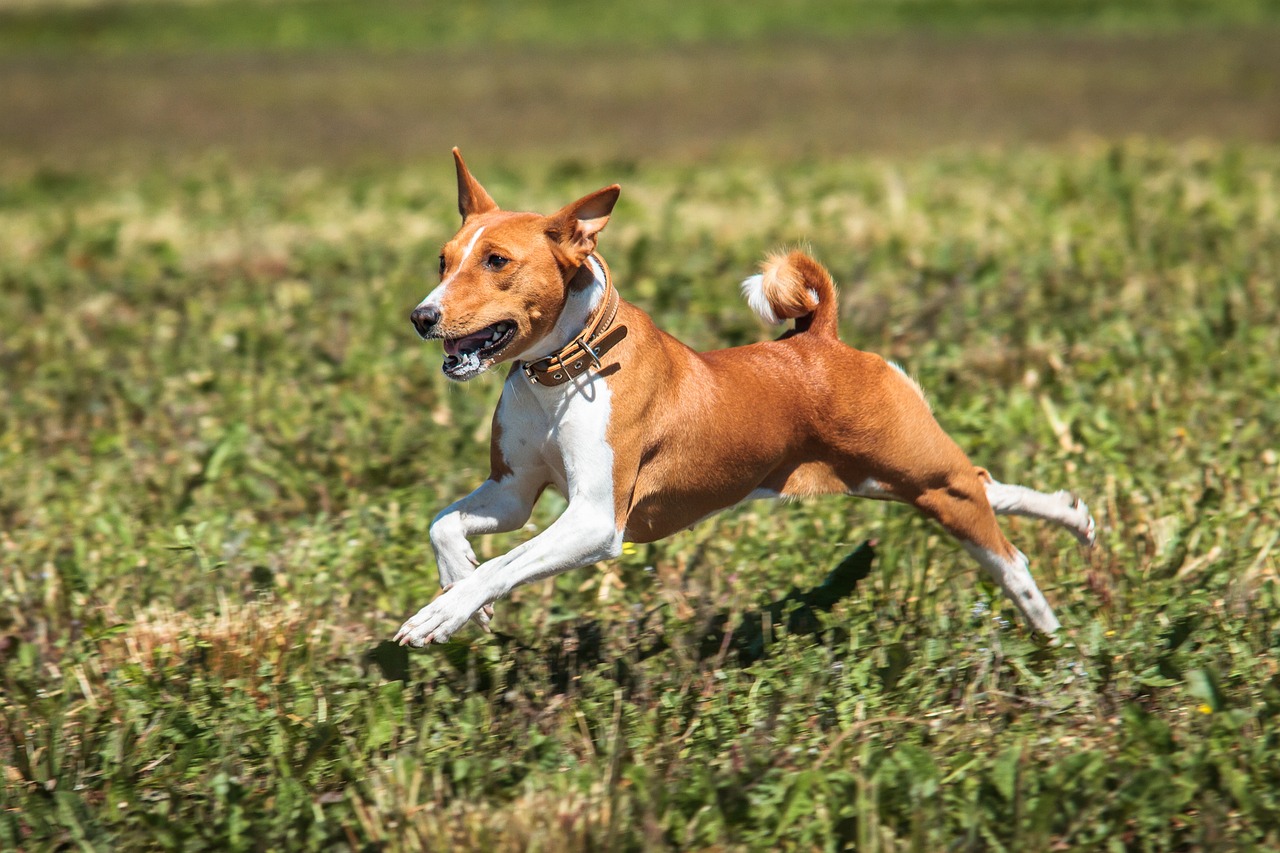
5. Jack Russell Terrier
Jack Russell Terriers are small in size but large in personality, known for their boundless energy and independent nature. Bred for fox hunting, their intelligence and determination can often manifest as stubbornness during training or daily routines. Jack Russells are quick learners but may choose not to comply if they’re not interested or adequately motivated. Engaging their natural curiosity and desire for activity can help overcome their stubbornness, channeling their energy into positive behaviors.

6. Beagle
Beagles, with their incredible sense of smell and tracking ability, were bred for hunting and often exhibit a stubborn streak when on a scent trail. Their single-minded focus can make them seem indifferent to commands, especially if they’ve picked up an interesting scent. Beagles are friendly and affectionate but require patience and creative training techniques to manage their selective hearing. Providing them with plenty of exercise and mental stimulation can help mitigate their stubborn tendencies.

7. Pekingese
The Pekingese is a small breed with a self-important attitude, reflecting their history as companions to Chinese royalty. They are affectionate with their families but can be stubborn, often displaying a regal indifference to commands or training. Pekingese are intelligent and possess a strong sense of self, requiring a gentle but firm approach to training. Understanding and respecting their independence while establishing clear leadership can help in overcoming their stubborn streak.
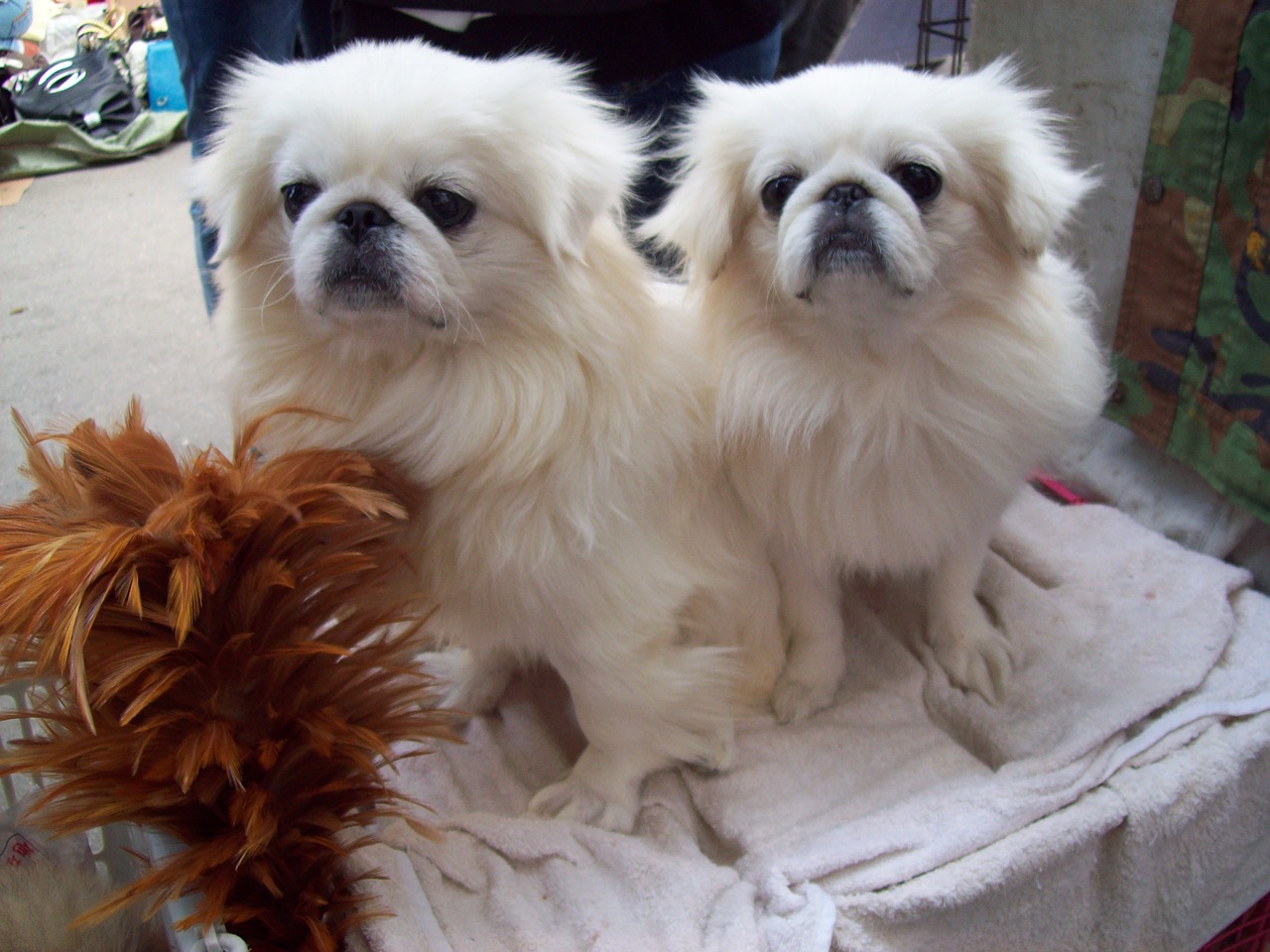
8. Dachshund
Dachshunds, originally bred for hunting badgers, are courageous and lively but can also be quite stubborn. Their determination makes them fearless but also less inclined to back down or comply with commands without seeing a benefit for themselves. Dachshunds are clever and can be manipulative, requiring consistent training from a young age. Their stubbornness is a part of their charm, reflecting their strong personalities and independence.
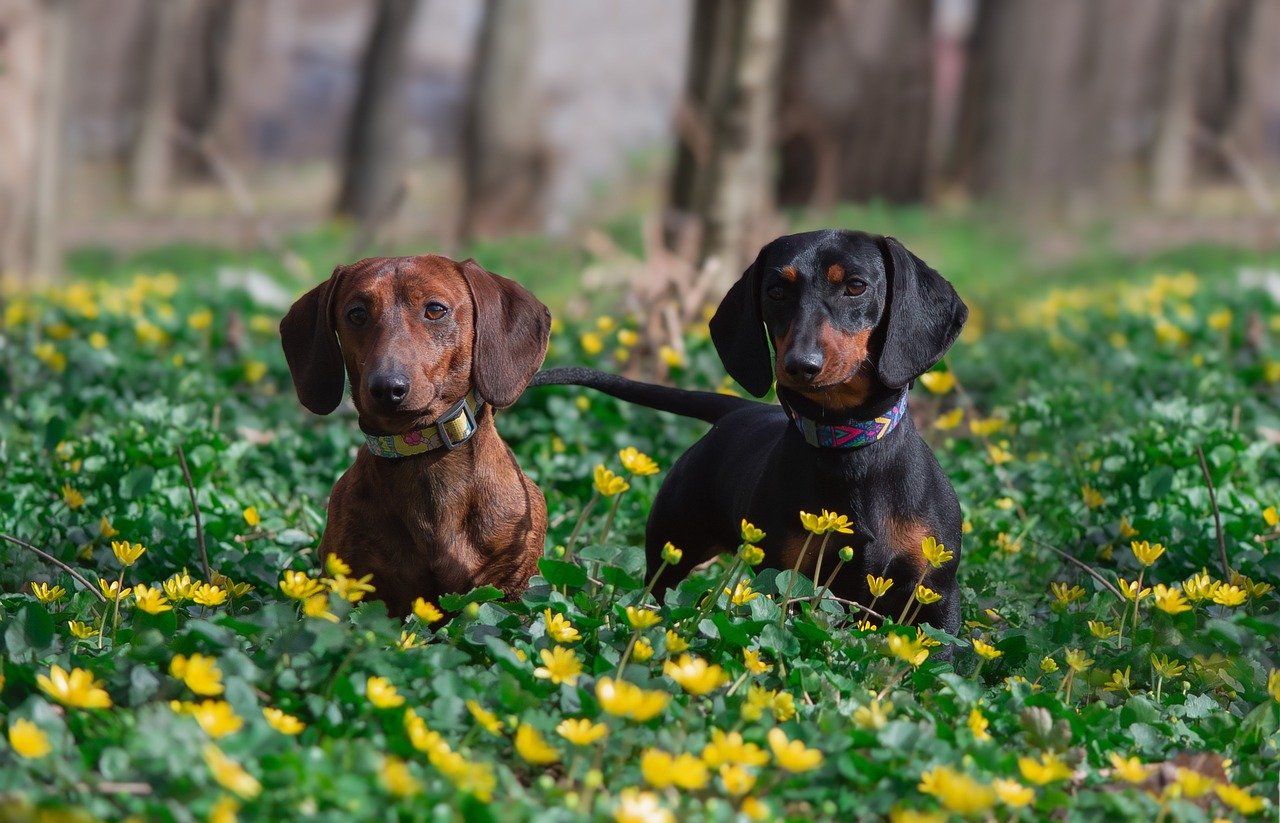
9. Chow Chow
Chow Chows are known for their aloof and independent nature, often appearing indifferent to commands or training. Originally bred as working dogs in China, they are intelligent and possess a strong-willed temperament. Chow Chows require a patient and assertive owner who can earn their respect without resorting to harsh discipline. Their stubbornness can be managed with consistent, positive training methods that engage their interest.
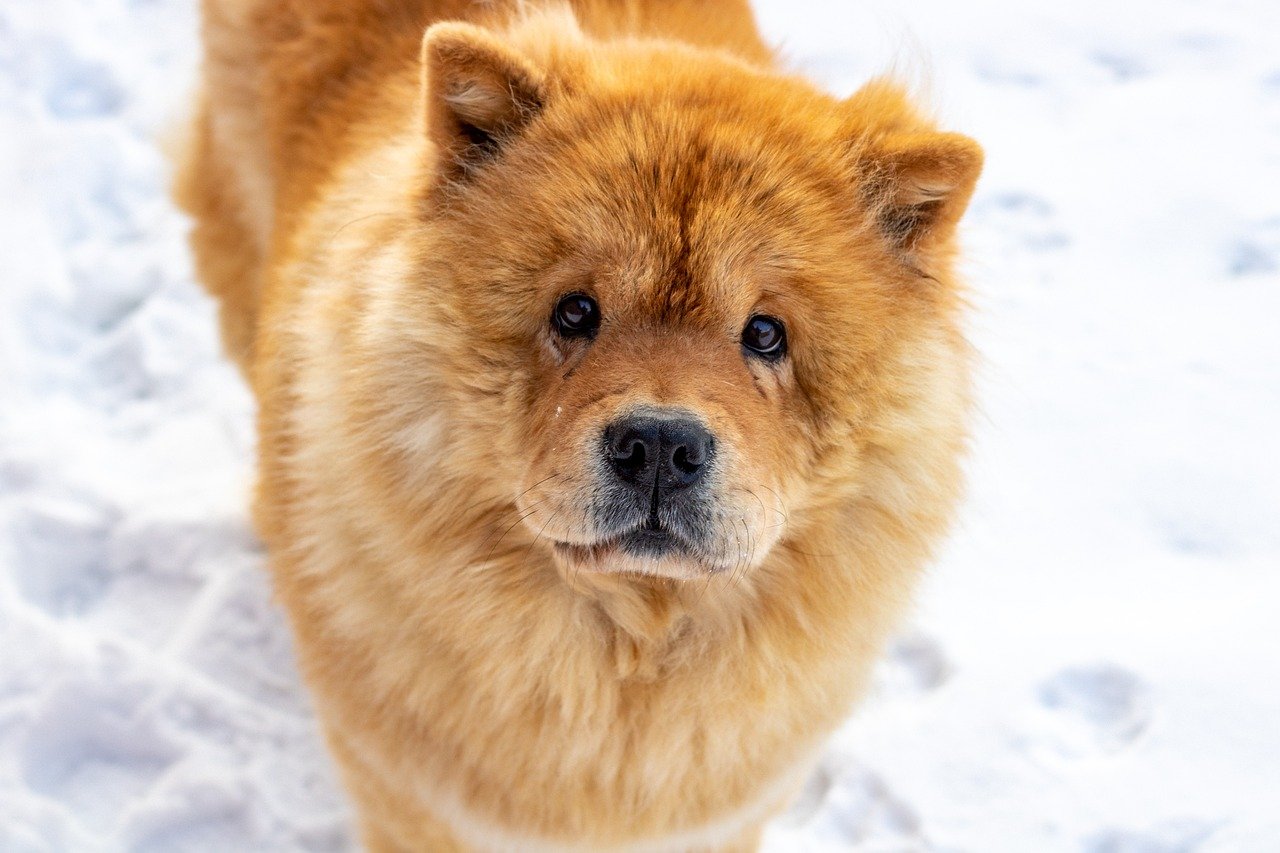
10. Siberian Husky
Siberian Huskies are renowned for their beauty and stamina, but they also have a notorious independent streak. Bred for pulling sleds over long distances, they are used to making their own decisions. Huskies are intelligent and enjoy challenges but can be stubborn, often choosing to ignore commands if not properly motivated. Engaging their sense of adventure and providing ample exercise can help direct their independence in positive ways.
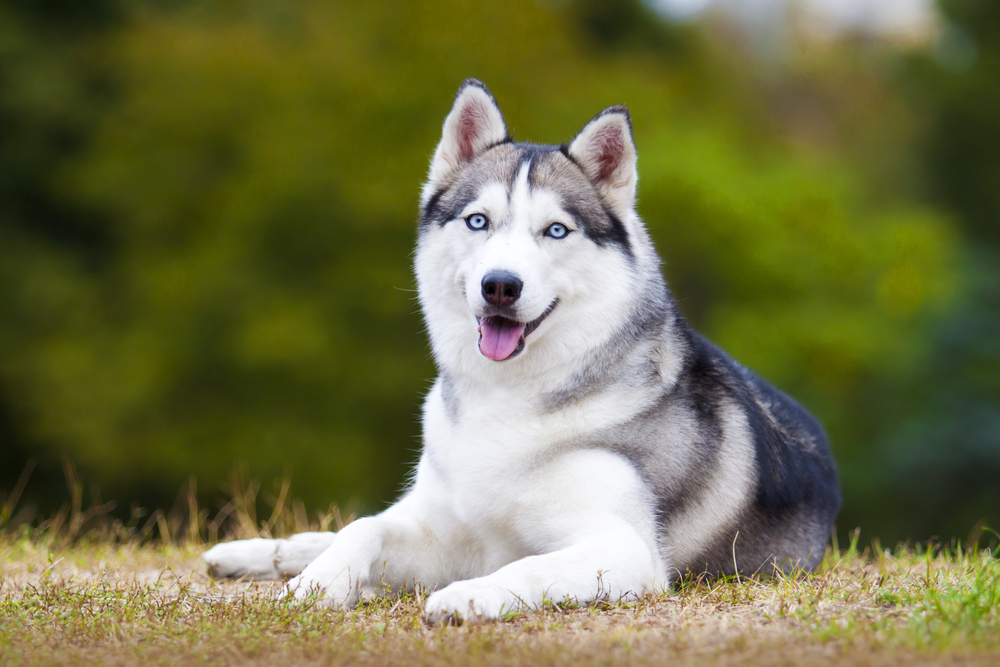
11. Scottish Terrier
Scottish Terriers, or “Scotties,” are known for their feisty and independent nature. Bred for hunting vermin in Scotland, they are courageous and determined, qualities that can sometimes translate to stubbornness in domestic settings. Scotties are loyal and affectionate with their families but require consistent and patient training to overcome their strong-willed tendencies. Their stubbornness is often a sign of intelligence, requiring creative training strategies to engage their interest.
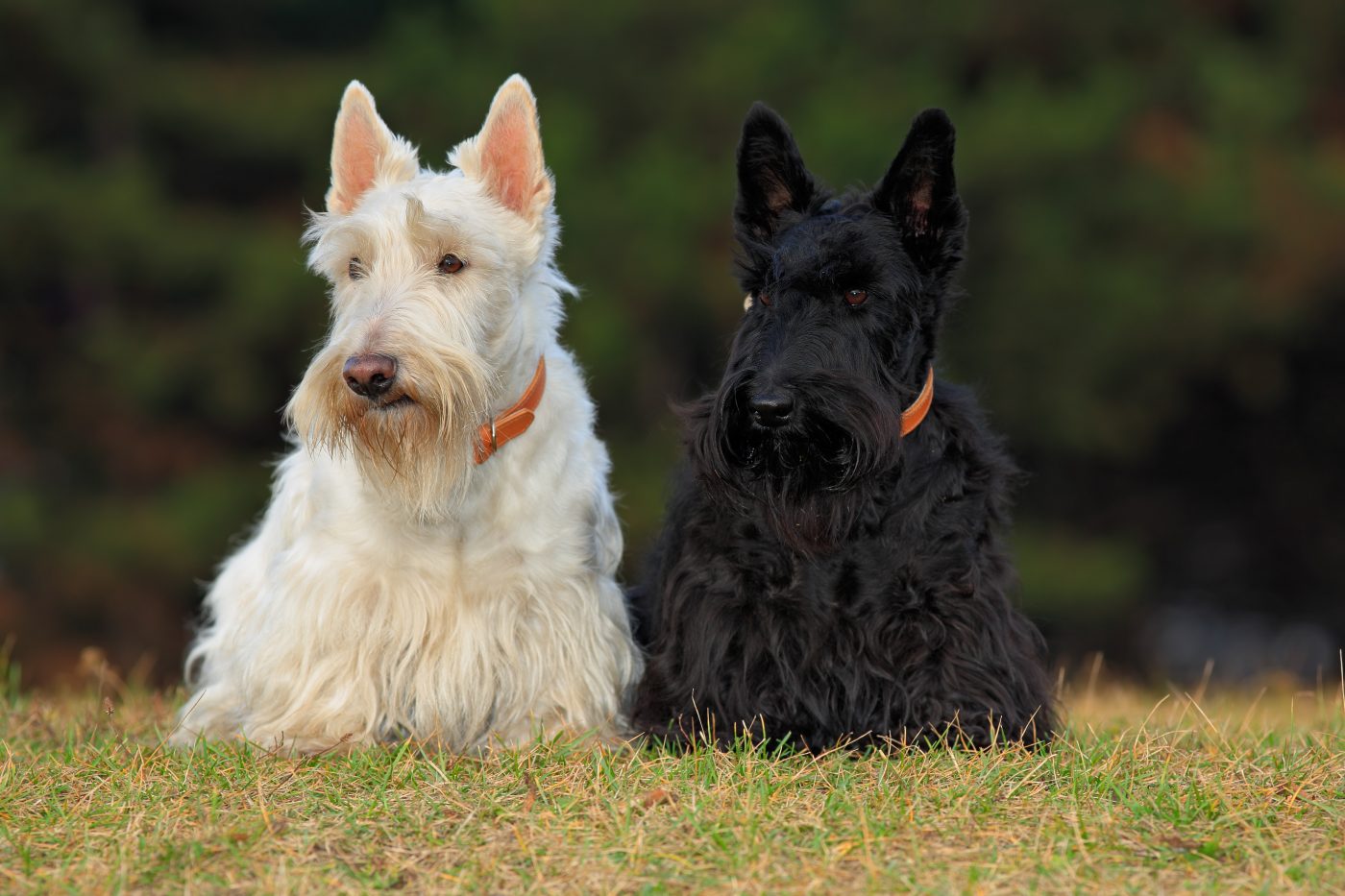
12. Cocker Spaniel
Cocker Spaniels are sweet and gentle but can exhibit a stubborn streak, especially when it comes to training or changing routines. Their sensitivity requires a gentle approach to training, as they can become stubborn if pushed too hard. Cocker Spaniels respond well to positive reinforcement and need patience and consistency from their owners. Understanding their emotional needs and providing a loving, stable environment can help mitigate their stubborn tendencies.

13. Rottweiler
Rottweilers are powerful and loyal dogs with a natural protective instinct. Their confidence and strength, however, can sometimes manifest as stubbornness, especially if they’re not convinced of the need to follow a command. Rottweilers require firm, consistent training and socialization from a young age to respect their owners as leaders. Their stubbornness is often a reflection of their intelligence, requiring an owner who can guide them with confidence and respect.
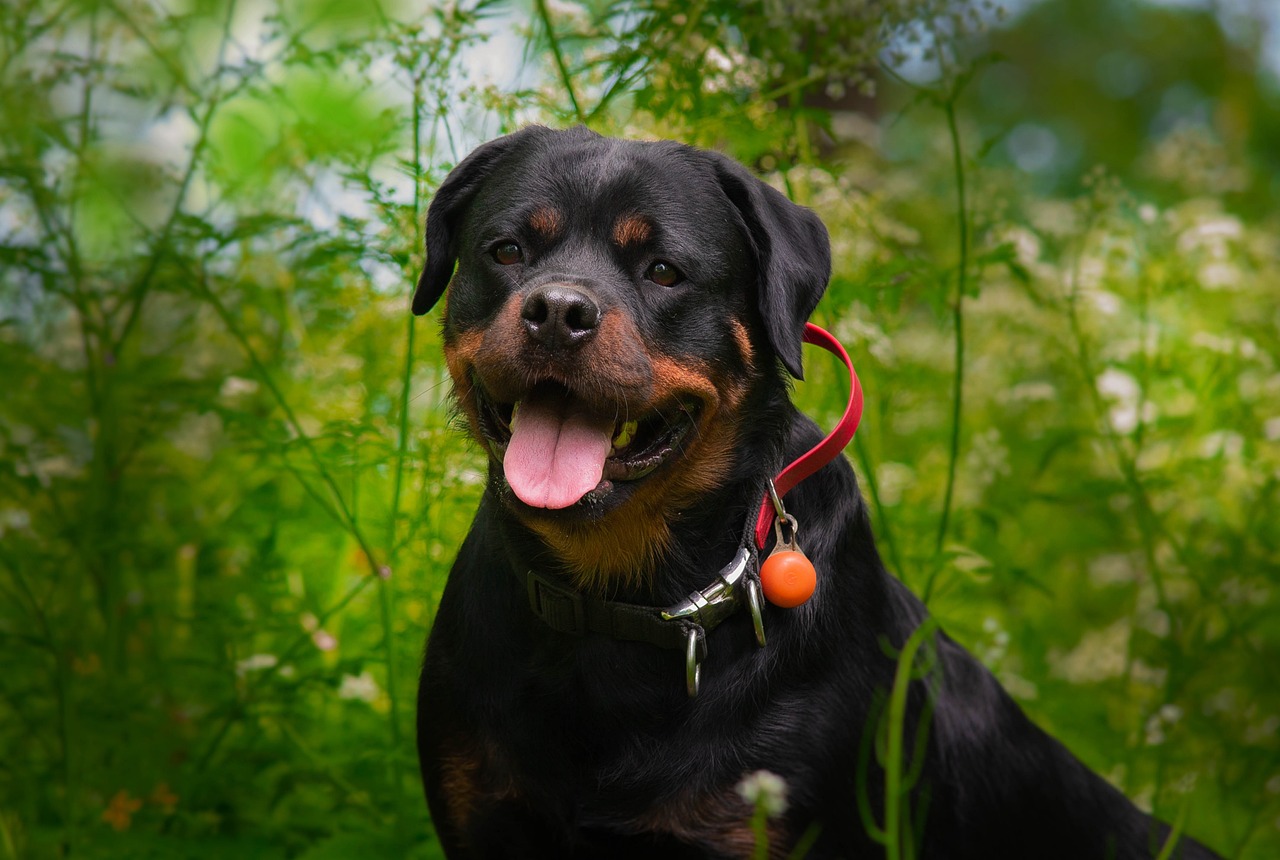
14. Airedale Terrier
The Airedale Terrier, known as the “King of Terriers,” is intelligent, energetic, and has a marked independent streak. Originally bred for hunting and farm work, they are versatile and capable but can be stubborn if not mentally stimulated. Airedales respond best to interesting and varied training that challenges their minds and bodies. Their stubbornness can be a sign of boredom, emphasizing the need for engaging activities.
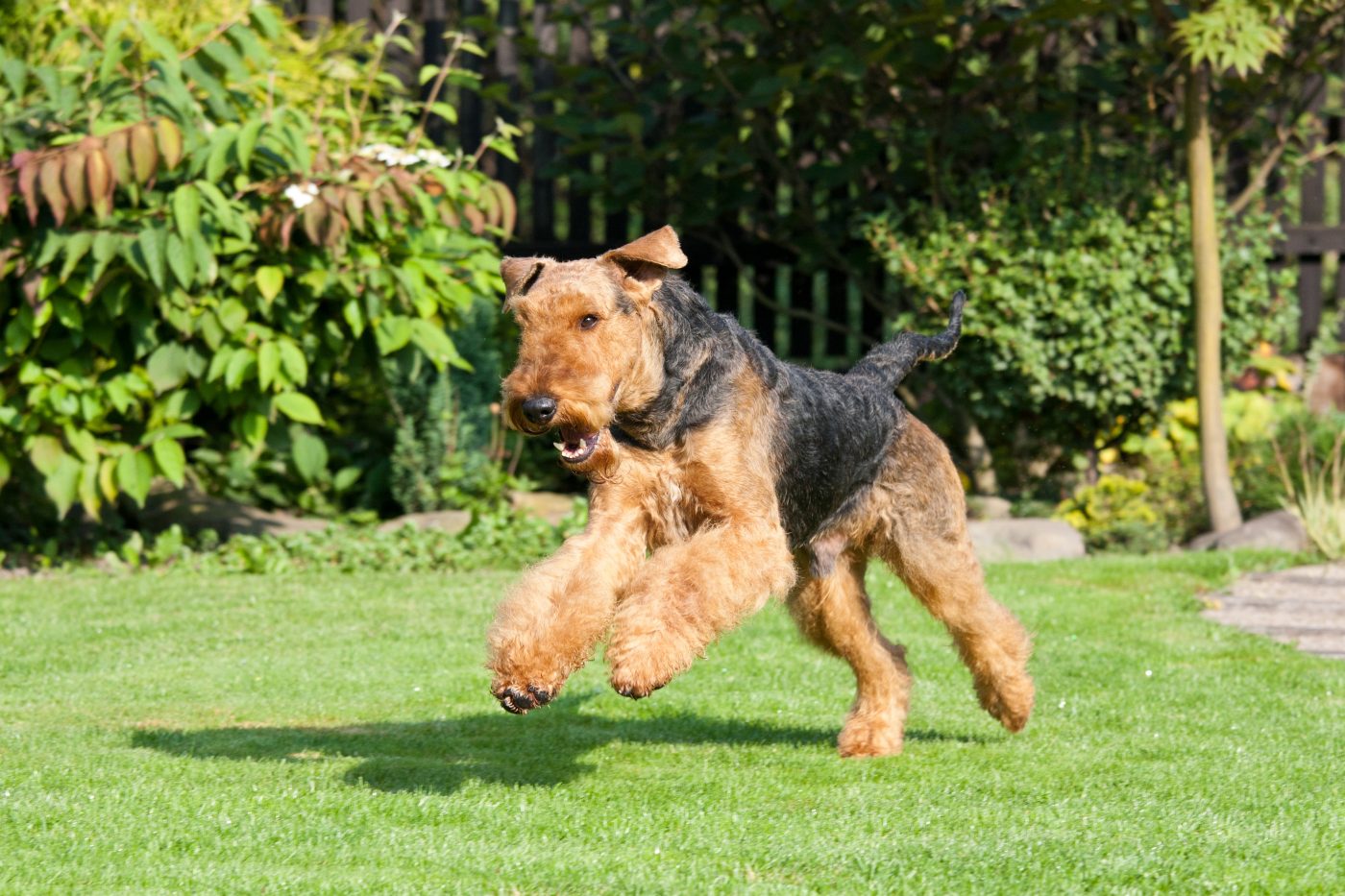
15. Great Pyrenees
The Great Pyrenees is a majestic and calm breed, known for its independent nature. Bred to guard livestock without direct supervision, they are accustomed to making their own decisions. This independence can come across as stubbornness during training or when asked to perform tasks they see as unnecessary. Great Pyrenees require patience and understanding, responding best to training that respects their intelligence and independent spirit.
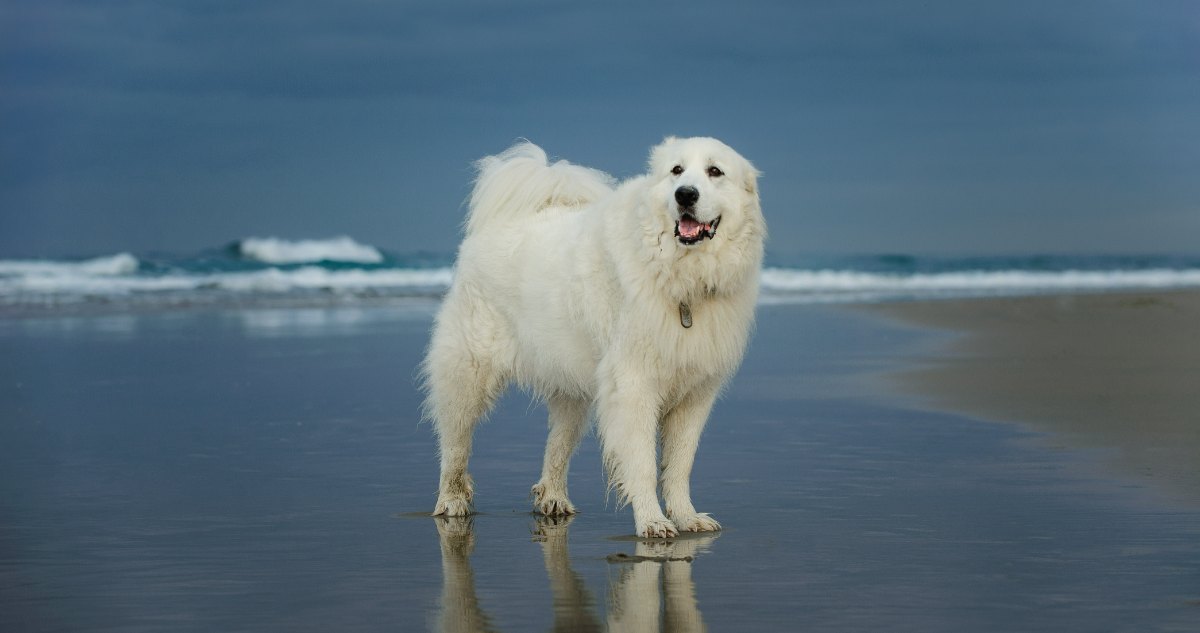
In conclusion, while stubbornness in dogs can present challenges in training and daily life, it’s often a reflection of their intelligence, independence, and strong personalities. Understanding the historical and instinctual background of these breeds can help owners approach training and companionship with empathy and patience. With the right approach, the strong-willed nature of these dogs can be channeled into positive outcomes, deepening the bond between pet and owner.
 Toledo, United States.
Toledo, United States.